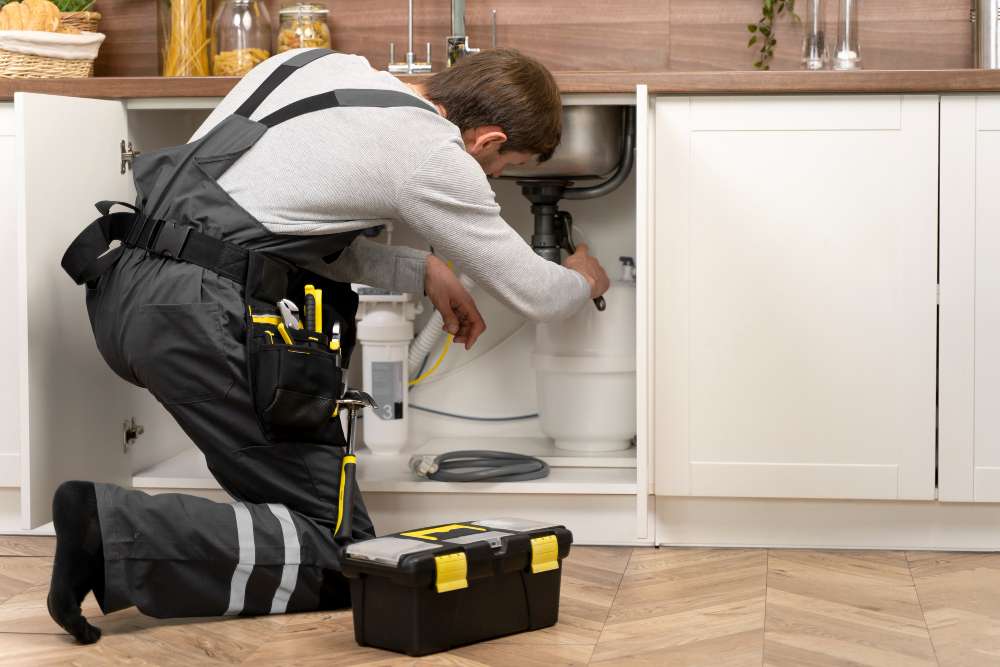Water is a fundamental element of life, essential for hydration, cooking, and maintaining overall health. However, the quality of our water supply can vary greatly, and one crucial factor influencing this quality is our plumbing system. From the pipes that transport water to the faucets that deliver it, every component plays a role in determining the safety and taste of the water we use.
Before delving into how plumbing affects water quality, let's first understand what water quality entails. Water quality refers to water's chemical, physical, biological, and radiological characteristics. In this blog post, we'll explore the importance of water quality, how plumbing impacts it, and what steps you can take to ensure you're getting the best possible water for your home.
The Role of Plumbing
Plumbing is crucial in maintaining water quality from its source to your tap. However, aging infrastructure, improper installation, and corrosion can all contribute to water quality issues. Here's how plumbing can impact the water you use:
1. Pipe Materials
The material used in plumbing pipes can influence water quality. An older residence may have lead or galvanized steel pipes, which can corrode over time, leaching harmful substances into the water. Modern plumbing systems typically use copper, PVC, or PEX pipes, which are less vulnerable to pollution and rust.
2. Corrosion
Corrosion occurs when metal pipes degrade over time due to exposure to water, chemicals, and other factors. Corrosion can introduce rust, sediment, and metal ions into the water, affecting taste and quality. Additionally, corrosion can increase the risk of lead and other heavy metals leaching into the water, posing health hazards.
3. Microbial Growth
Stagnant water in plumbing systems can promote the growth of bacteria, algae, and other microorganisms. Biofilm, a slimy layer of bacteria and organic matter can form on the interior surfaces of pipes, reducing water flow and harboring pathogens. Proper maintenance and regular flushing of pipes can help prevent microbial growth and ensure water safety.
Ensuring Water Quality
To ensure the quality of your drinking and cooking water, consider the following measures:
1. Maintain Plumbing Systems
Regularly examine and maintain your plumbing system to prevent leaks, corrosion, and microbial growth. Replace outdated or deteriorating pipes, fixtures, and fittings as needed to safeguard water quality.
2. Install Filtration Systems
Add reverse osmosis or activated carbon water filtering systems to eliminate contaminants and enhance flavor. Choose filtration systems certified by independent organizations like NSF International to ensure effectiveness.
In conclusion, water quality matters, and plumbing is crucial. You can ensure that the water you drink and use for cooking is safe, clean, and enjoyable by being aware of the variables that affect water quality and taking proactive steps to resolve them. Prioritize regular maintenance, testing, and filtration for years to safeguard your health and well-being.

